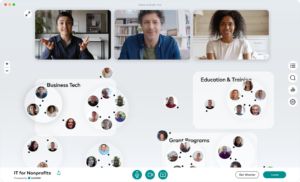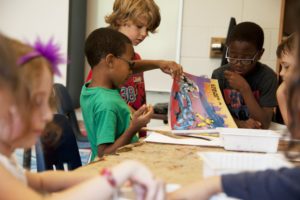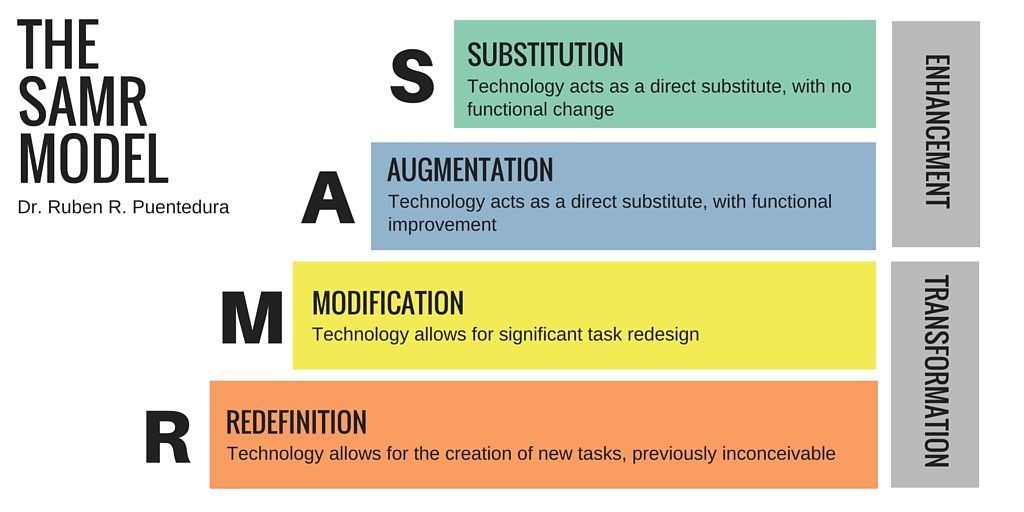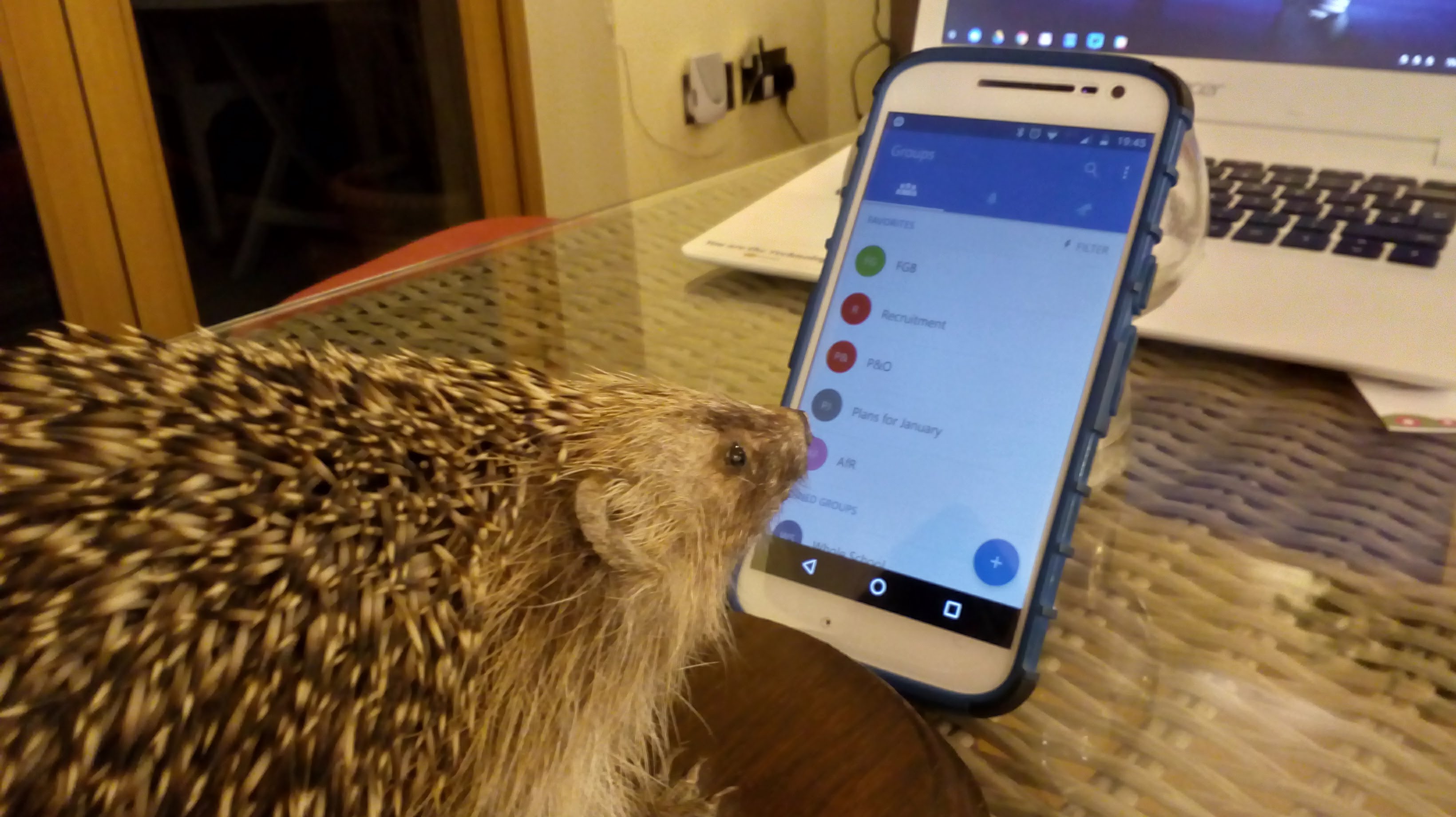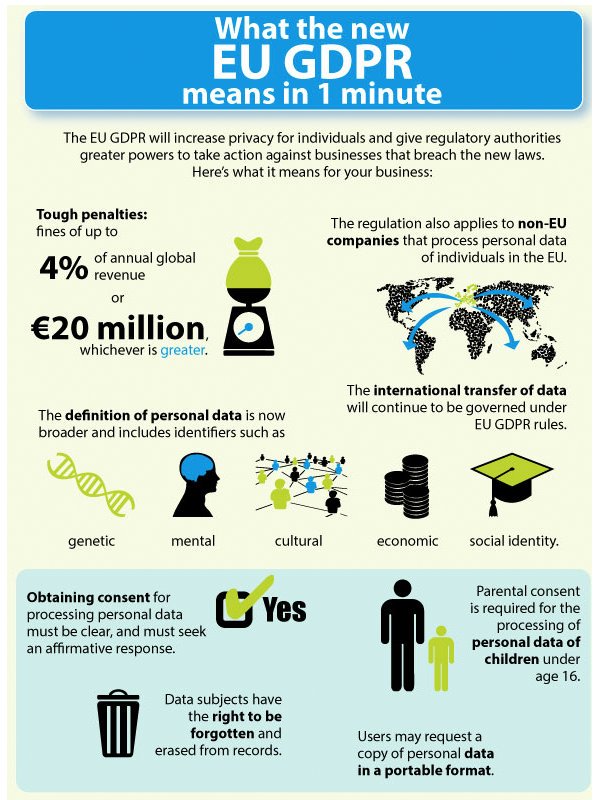Video Conferencing is ripe for evolution and, fortunately, change is coming – and it’s wonder-ful.
Video conferencing (VC) tools like Zoom, which have taken over our lives since the pandemic started, have been forced into the service of our many needs. I think it’s not too contentious to say that the worst fit of all is in education: especially in Primary / Elementary education. However, a new breed of video services offers hope, and these are exemplified by Wonder.me – a new platform that puts social interaction first.
Before I share how Wonder works, why I think it works for education, and suggest some ideas of what to do: a few thoughts on why we need change.
Zooming out of the classroom
Video conferencing is built around the phone call model. One-to-one works best, but has been stretched to imagine a ‘conference room’ set up – with a carefully managed conversation around the call. While less than ideal, with some effort, it can work really well for a range of adult interactions- versed as we are with the social norms of conversation and getting stuff done. Hands up works because we understand the convention and know how to manage our enthusiasm (mostly!)
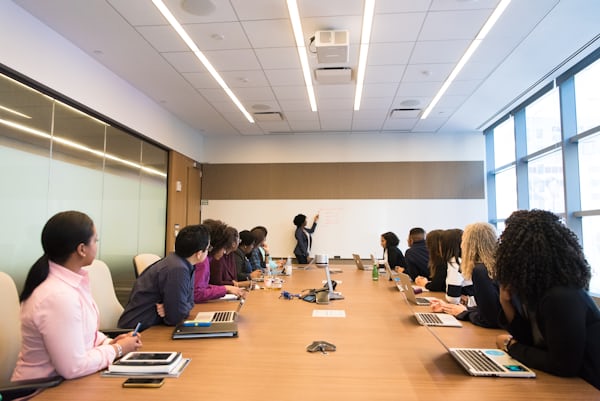
Can you imagine anything less like the ideal primary classroom? Unsplash image – https://unsplash.com/photos/Q80LYxv_Tbs
Until recently, I could not see a VC platform that works for Primary children and the adults that work with them. Why? Zoom, Teams, Google Meet, etc…like most tech we use in education… Video Conferencing platforms are made for adult business users.
Kids are, by definition, still growing, learning, being socialised, understanding power/respect, etc. They need agency to play and learn…. And, put simply, children do not have the adult skills, experience or knowledge required for video conferencing! More than that, Teachers have no experience guiding children through these platforms, which they rarely use and have had little or no training in. Remote teaching is very different to remote learning, as Bob Harrison often says.
It is true that VC platforms have all started stretching towards the needs of education, and there are new features, integrations, and some of them are starting to work better. Services like ClassforZoom look like they are heading in the right direction – though there are key concerns about surveillance capitalism from Audrey Watters we’d all do well to harken to.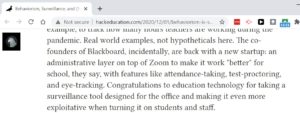
However, those concerns aside – the basic model of VC remains – of static interaction, and compliance. How can children learn respect in conversation if they can’t see what happens when everyone talks over each other in a group. In the best classrooms, teachers create an environment where learning happens alongside social interaction, play, socialisation, and all the other things schools do for our communities. However, when being in school isn’t possible – we need better alternatives.
Won’t the vaccines make the need for VC in education go away?
I know lots of people are hoping that the vaccines will save us from lockdowns, but if there is one lesson from COVID, it is that we were not ready. We’ve made progress in #edtech – but we have further to go, and we can’t stop thinking about how to serve children better.
Lots of organisations, including the brilliant Edurio, have conducted research into lockdown tech much of which seems to show that teachers are not keen on remote teaching and learning – ie using video conferencing. But I think this might be a misread of the data. I think what teachers are saying is that they don’t like the existing VC platforms, as they don’t yet match their needs.
Wonder if…
Which brings me to Wonder.me, a new platform that is still in the very early days of development. My thanks to Dr Doug Belshaw for the introduction and encouraging me to play!
Importantly for schools – Wonder is free – and while it takes time to get your own room – Wonder say they will never charge for this first room in the future. Once you have your virtual space – it’s yours for as long you want it.
What does it do?
Like so many other VC platforms, groups can talk – share screens, mute, chat, etc… but this is much more than a Zoom clone.
Wonder has two features Primary teachers (especially) will love:
1 – Movement is easy! Hosts can set ‘areas’ in your room – shown as white boxes – that work a lot like ‘tables’ – so it is quickly possible to create an analogue of a primary classroom – where children can move to ‘sit’ with different children. The host can see where everyone is, who is talking with whom, and drop into any conversation.
2 – There is a broadcast function that allows the teacher to call the class together. The host/teacher can also rename rooms very easily, assign additional hosts (TAs, group leads) manage the groups… It’s a lot like being in charge of your own classroom!
Possible uses
These are initial ideas, and I’m not in the classroom anymore – so I’d love to hear what you think might work. Most of these ideas are based on the feature that you can label areas within your room.
- I would definitely start lessons with a little game of ‘It/Tag’ to get the urge to play out of their systems – … and learn how to stay in a circle!
- Label areas for subjects – and allow spaces for children to share their work/projects/thinking/challenges with peers – supported by teachers as needed.
- Create peer feedback circles, using feedback protocols like those from Expeditionary Learning, to practice being ‘kind, specific and helpful’ when working together on drafts of work. Use the areas for the different stages of drafting, where the last room is for final gallery feedback.
- By linking to google docs, or remote tasks, children can carousel round a series of group work activities, in a very familiar way to most primary teachers.
- Label the areas with the same names as the tables in your actual classroom, and use a pic in the background of the actual classroom to maintain ‘normality’ for the younger children.
- Circle time and PSHE sessions, where mental health (rather than curriculum) is the ‘work’ – can be better supported – as children can pair off, form 4s, then come together as a class to share with the teacher.
- Normal classroom behaviour rules broadly can apply in Wonder, so this maintains the socialisation for the return to the real classroom. Kids will wander(!) off, go off-topic… chat about the wrong things – just like in a real classroom- but policing this is about recognising good behaviour – rather than using technology to control it.
What’s coming and what’s missing?
Wonder is not designed specifically for education or primary classrooms, though a few of the core team are ex-teachers – and they are still very early in their journey. They’ve just secured a £11m investment to grow their offering, so this a key moment in their story. Wonder say there are new features on the way – including better conversation management, richer chat functions with emoji/polls/Q&As and content search. There are many attractive routes for them to develop towards – education being just one.
That said – The more teachers fill their userbase though, the more they might tilt it towards us! So sign up and be vocal. As you might be able to guess, I have been trying to talk them into developing/partnering for education! There are so many possible business models and connections that I’d love to explore- but Wonder are taking their time!
Pricing will not start till end of 2021, and they are not looking for partnerships, APIs, or intergrations. It is possible (they say) to embed via iFrame, etc – though they are not actively supporting it.
However, and I find this deeply impressive, they are not reacting to the current competitor space – and copying the moves of players like Zoom/Teams, etc. It’s so reassuring to see a start-up willing to lead, rather than follow.
To use another metaphor, by chasing their own ball, I think Wonder are well placed to help shape the next evolution in video communication – one that supports a more natural social interaction, led by future users needs – rather than the first iteration of telecommunication technologies from a previous century.
You can find out more at Wonder.me
I wonder what you think?

